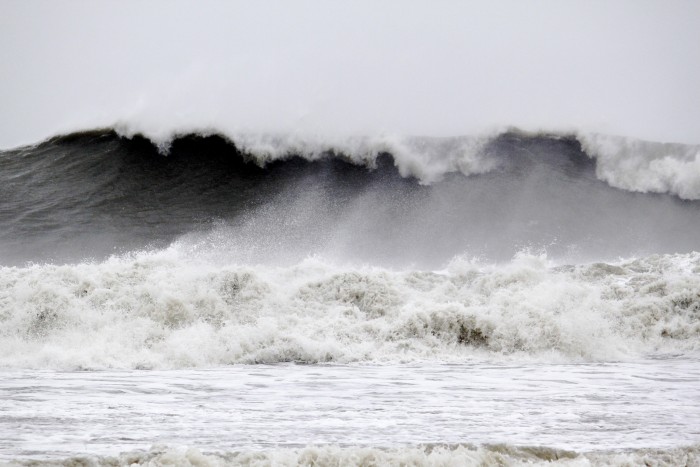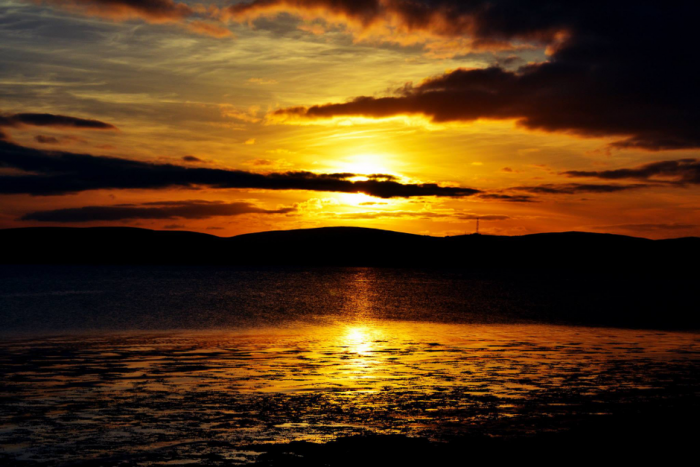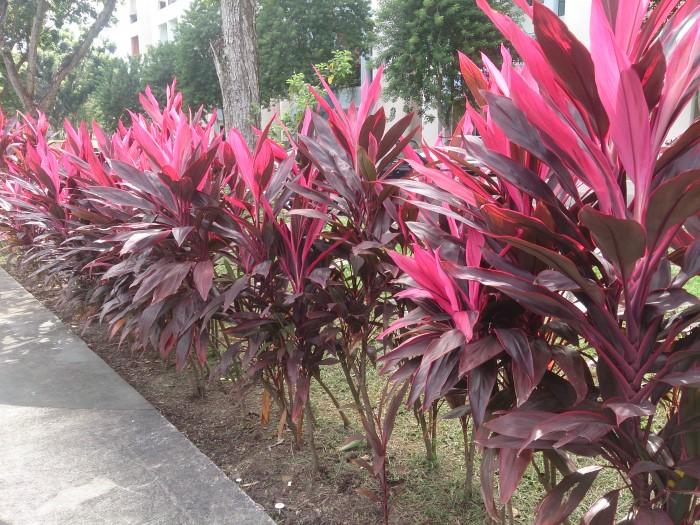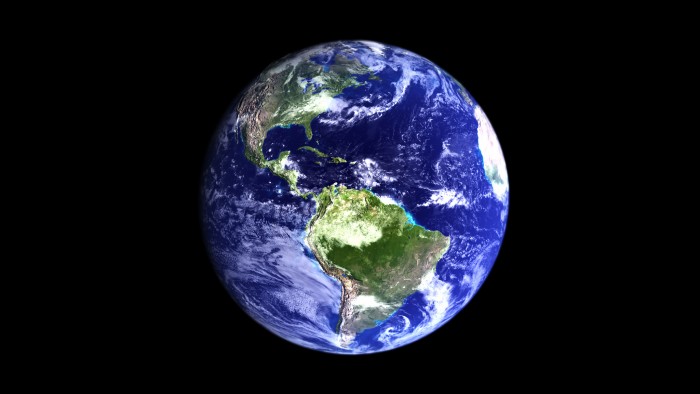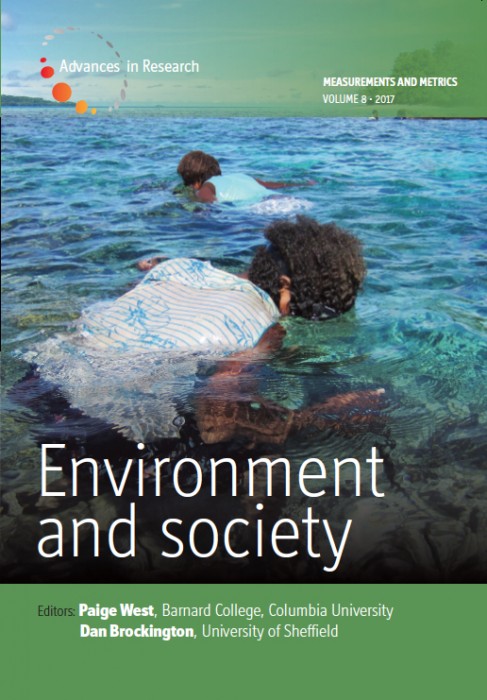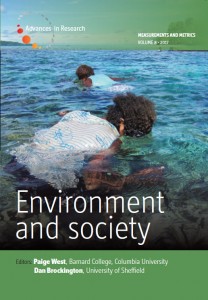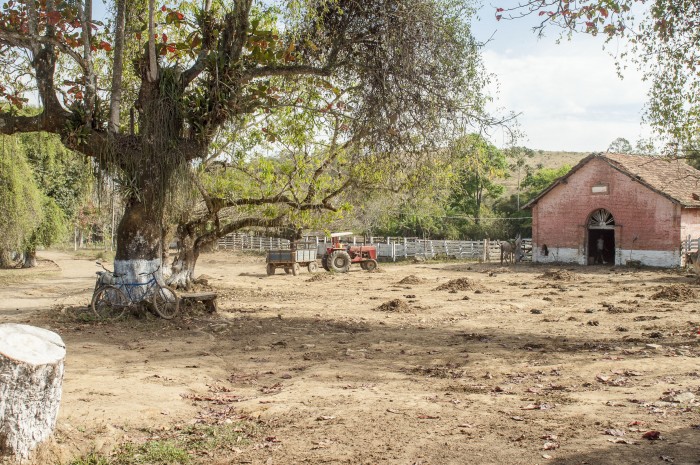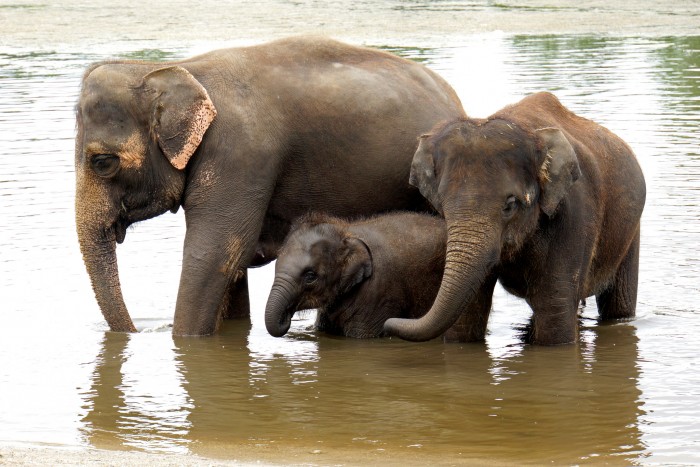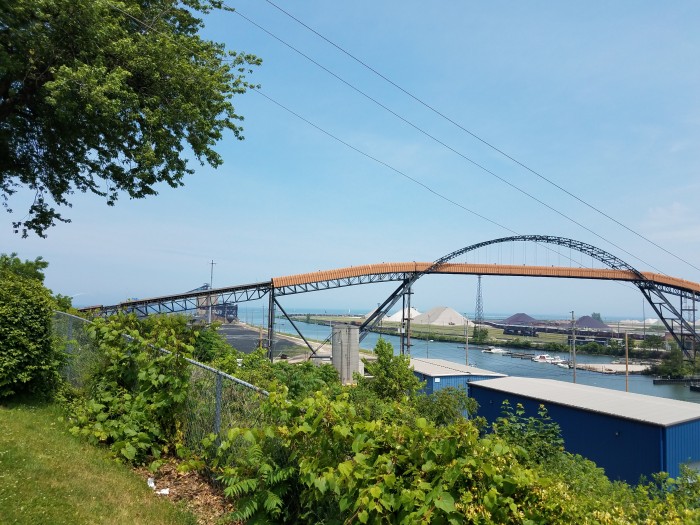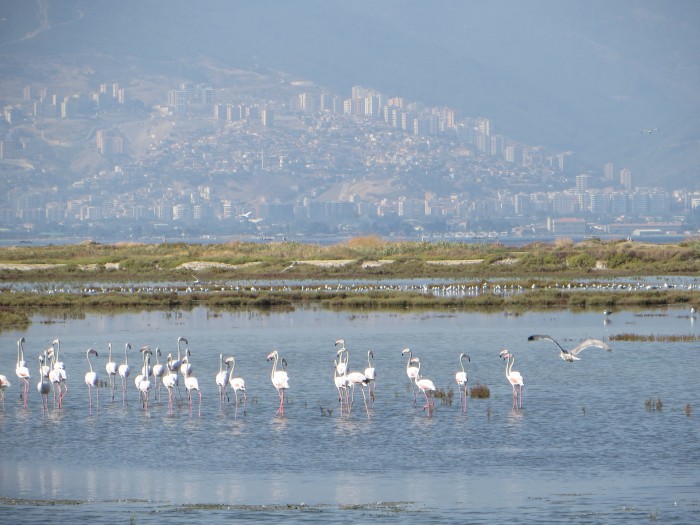The latest Environment and Society featured article is now available! This month’s article—”Systematic Review of Recent Social Indicator Efforts in US Coastal and Ocean Ecosystems (2000–2016)”—comes from Volume 8 (2017). In their article, Victoria C. Ramenzoni and David Yoskowitz discuss the major rationale underpinning governmental efforts, after Hurricanes Sandy and Katrina, to quantify social impacts, resilience, and community adaptation , as well as the limitations and conflicts encountered in transitioning research to policy and application
Visit the featured article page to download your copy of the article today before it’s gone! A new article is featured every month.
